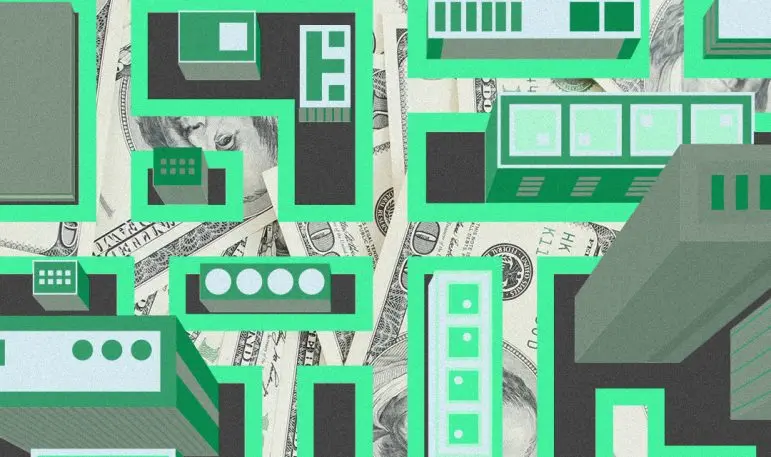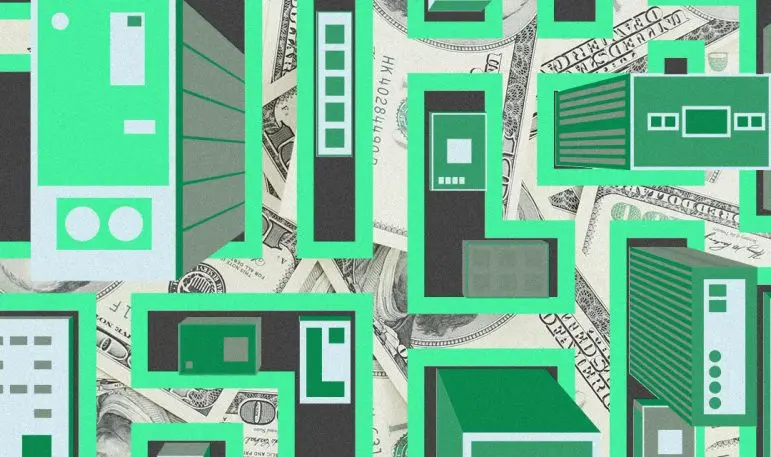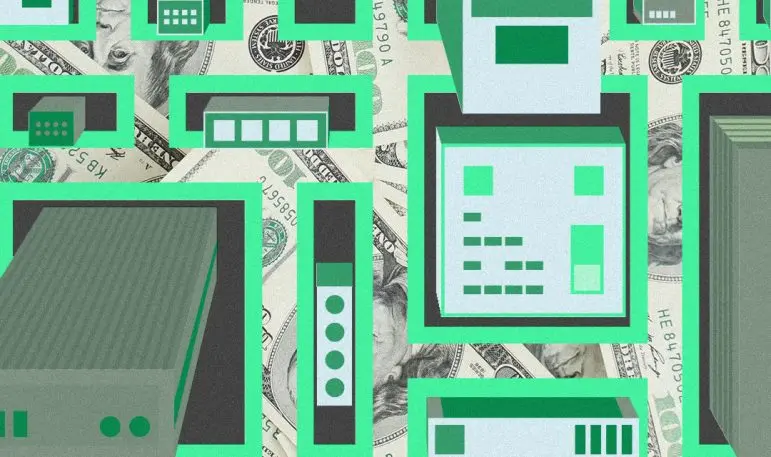Even with unemployment at record lows, many workers are not feeling the benefits. Numerous studies point to millions of jobs being threatened over the coming decades due to automation and artificial intelligence. Understandably, an increasing number of Americans–from working class to white collar–are worried about what the future of work holds.

UBI is an unconditional cash payment that either supplements or replaces existing social welfare systems. It is given to all members of a community on a regular basis. The big differentiator between it and similar initiatives is that unlike traditional programs, which include conditional factors like employment and means testing, UBI is unconditional and provides recipients with greater economic security and autonomy. Cash payments could satisfy those on the political left and right by providing a stronger social safety net and expanding liberty.
UBI is also scalable in cities as workforce challenges grow, and it shares some features with–and is complementary to–existing programs like the Earned Income Tax Credit, the Child Tax Credit, and Social Security.

In order to explore the possibility and utility of UBI, the National League of Cities (NLC) partnered with the Stanford Basic Income Lab (BIL) to release the first-ever report for piloting UBI in cities. The toolkit, Basic Income in Cities, serves as a guide for cities considering piloting UBI, highlights the history of UBI from the 18th century to present, and provides case studies and best practices from around the world.
UBI has been the subject of experimentation for decades. In the late 1960s, President Richard Nixon launched a series of negative income tax experiments in multiple states and cities–New Jersey; Gary, Indiana; Seattle; and Denver (overseen by Dick Cheney and Donald Rumsfeld). These experiments, while a good start, were ultimately discontinued and unfortunately were too short-lived to yield definitive results.
Canada also experimented with UBI during this period. Canadian Prime Minister Pierre Trudeau, together with the Manitoba premier, launched a large-scale UBI program in Manitoba called Mincome (“minimum income”). This effort demonstrated what a UBI at scale could look like, because it provided a guaranteed income to over 1,000 low-income families throughout the province. And one town, Dauphin, was a full saturation site where all residents could receive cash payments.

And even now, there are a number of programs and experiments in progress. We have seen great success with the Alaska Permanent Fund, which has provided a cash payment to all permanent Alaska residents since 1982, based on dividends from the state’s natural resource wealth. While not a full-scale UBI, the similarities in program design demonstrate a comparable, widely implemented U.S. program that has proven incredibly popular and valuable for residents over the decades.
Stories abound of people utilizing it to pay their bills, go to school, or help others out in a pinch, and studies broadly show that it doesn’t disincentivize people from working. With the cash payment topping out at a little over $2,000 a year at its height, the Permanent Fund is meant to reduce poverty and supplement income rather than replace the need to work and earn an income.
Additionally, smaller, city-centered experiments are under way in the U.S. For example, Sam Altman, the wealthy cofounder of venture capital firm Y-Combinator–an early funder of AirBnB–spearheaded a multi-year experiment in Oakland between 2016 and 2017. The UBI pilot in Oakland provided approximately 100 participants with $1,000 to $1,500 a month. The experiment is now set to expand to two other states in 2019, span up to five years, and will include 3,000 participants; 1,000 of these participants will receive $1,000 a month, and 2,000 people will receive $50 a month.
The city of Stockton, California’s experiment—launching in 2019—will give 100 randomly selected low-income families in the city $500 a month over 18 months. This effort is made possible with a $1.2 million grant from the Economic Security Project, a foundation whose mission is to experiment with cash-based programs like UBI. The pilot will provide residents with a small income, and in turn, researchers will be able to gather information to better study and measure UBI’s impact on the local population.
No one policy mechanism is ever the panacea, but a great deal of research shows that cash-based programs create positive outcomes for people. As we near the 2020s, it is apparent that the nation will need a social welfare system built for this century and its specific challenges.
Ultimately, cities cannot do it on their own. A fully implemented national- or state-level UBI will need a large level of support from all levels of government. But from this research, it’s clear that cities are uniquely positioned to lead the country forward through innovation and ferocious experimentation.
By piloting—and implementing—bold solutions like UBI, cities will be able to show what works as work changes, and move the needle toward shared success.
Recognize your brand’s excellence by applying to this year’s Brands That Matter Awards before the early-rate deadline, May 3.
